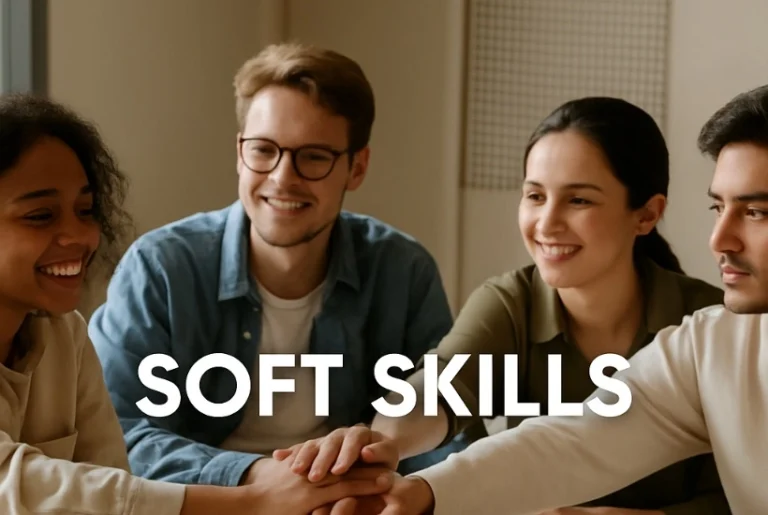I recently attended the annual conference of the Hellenic Society of Counseling and Guidance (Hellenic Society of Counseling and Guidance) and there were many presentations of research papers related to the now much-talked about Gen Z. I combined these hearings with my experience from my daily sessions as a career coach with teens, parents and professionals in transition, and found that Gen Z's entry into the labor market is not just a genealogical change - but a complex combination of expectations, challenges and adjustments.
But let's start from the beginning. Who is Generation Z, who are they, what do they want, what difficulties do they face?;
According to Wikipedia Generation Z - GenZ, (Greek translation: Generation Z) is also known as iGeneration, metamulenial, Quarantee ή OnlineSchoolteens and this is the demographic group that succeeds “Generation Y” (Millennial). There are no exact dates or consensus on when this group begins or ends, but demographers and researchers take births in the mid to late 1997s to 2012 as the starting point. That is, these are the youngest individuals entering the labor market en masse in the current decade.
The characteristics they display are that:
- It is digitally literate (“digital natives”), with technological comfort and speed in new tools. But they have poorer work experience (as their entry into the labour market coincided with the pandemic), less integration into traditional processes, and more pronounced concerns about mental health and careers.
- They attach great importance to meaning of work - not just «I have a job» but «why I do it». According to Adecco Group research, Gen Z sees technology through the lens of human impact: “tech for tech's sake” is not enough for them.
- They have high expectations for immediate progress and development, flexibility, work-life balance. According to data from CAKE.com (2024), 70 % of Gen Z expect a promotion within the first 18 months of employment.
What I heard at the ELESYP conference, and it is a fact that I have experienced it as a career coach in practice, is focused on two pillars:
α) Pessimism & the sense of “lost at sea”
Despite the well-known image of Gen Z as an “opportunistic”, “digital” generation, there are many individuals who experience intense doubt: «Am I doing the right thing?», «Will I stand?», «How will I evolve?». As their entry into the labour market coincided with the pandemic they experienced remote working conditions without the traditional guidance and less “buddy system”. According to Adecco, many young workers report that their work experience is bad and/or negatively affects their mental health.
As a coach, I see teenagers or young professionals who do not come from the «classic» path (practice → junior position → familiarization with the role → routine) but are walking “between worlds” - with expectations, but without a clear map.
b) Parents - The overprotective & “wise” Counsellors
The conference highlighted that Gen Z is in constant interaction with and dependence on Parents. And why are these particular parents different? Because they perceive that they know: they have a mastery of knowledge, a wealth of recognized education, diverse work experience. Moreover, they have invested financially and not only in their children and their future: private schools, foreign languages, private tutoring, sports, and more. As a result, the work trip is now a family affair. Parents of Gen Z youth continue to play a catalytic role in counselling processes, as their attitudes - whether they relate to expectations, fears or support - have a decisive influence on them. For example, Parents experience intense anxiety and worry - “not to make a mistake” - about their children's career choices as new entrants to the workforce with simultaneous pressure for stability guiding their decisions. And as you can see, in a generation that both wants meaning and security, the tension between these two components is evident.
The above is complemented by expert studies that come up with interesting proposals. For example, the ManpowerGroup report «World of Work for Gen Z in 2025» concludes that Gen Z is in an environment that requires «Accelerating Adaptability».
In practice, this means that it is not enough to have “the right career choice” - you need to develop the ability to change, to cope with difficulties and adapt, to recognise when a profession is transforming, to learn new skills quickly, to be open to roles that were not the case before.
As a career coach, I deal with professionals who need to build their “professional resilience” and “adaptability” to manage transitions, ambiguity, redefinition - without losing orientation.



